|
As the world reels from the New Zealand mosque massacre, it’s worth remembering the many past incidents of murder, assault and other violence that were also streamed live on Facebook. In the past, social media researcher Jennifer Grygiel has called for a time-delay on livestreams to protect children from seeing online horrors. Now, though, Grygiel writes that it’s time for even stronger action.
The search for ways to beat TB continues to preoccupy scientists. The disease still kills more than 1.5 million people a year while 10 million continue to be infected annually. Even more chilling is the fact that a new threat has emerged — a strain of TB that’s resistant to existing drug regimens. There’s some good news on this front, as Andrew Nunn and I.D Rusen explain. Another challenge is that TB doesn’t just affect the lungs. Nazir Ismail sets out what other organs are prone to infection.
|

Facebook Live can be fun – or really scary.
I'm friday/Shutterstock.com
Jennifer Grygiel, Syracuse University
Children can't handle watching livestreamed massacres – and adults shouldn't have to.
|
Health + Medicine
|
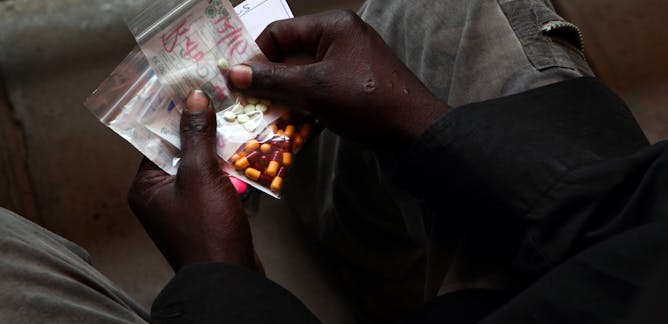
Andrew Nunn, UCL; I.D. Rusen, University of Toronto
New research shows that the treatment of drug resistant-TB can be reduced from the current duration of 20 to 24 months to less than a year.
| |
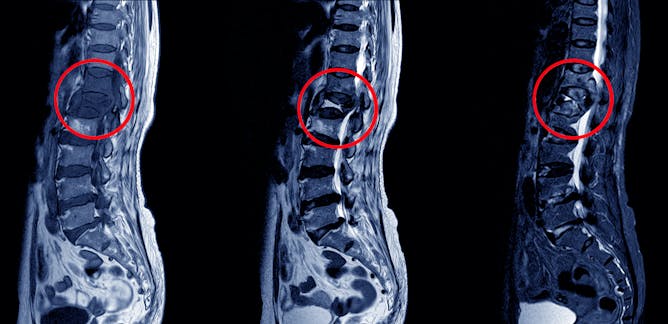
Nazir Ismail, National Institute for Communicable Diseases
TB outside the lungs accounted for 14% of TB cases recorded globally in 2017.
|
|
|
Science + Technology
|
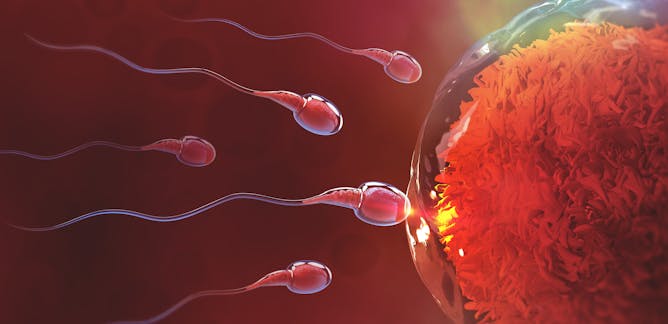
Hermes Gadelha, University of York
Our new research has discovered what gives human sperm the strength to succeed in the race to fertilise the egg – and it's all to do with their tails.
| |

Marco Gersabeck, University of Manchester
A new experiment at CERN has discovered a source of asymmetry between matter and antimatter that could help explain why we are here at all.
|
|
|
Energy + Environment
|
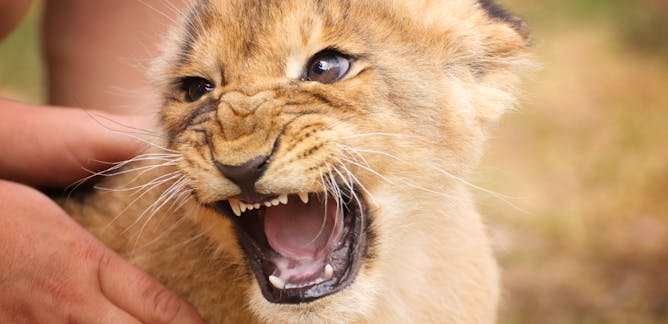
Ross Harvey, South African Institute of International Affairs
While the international conservation community unites against the captive breeding of big cats in South Africa, the government stalls.
| |
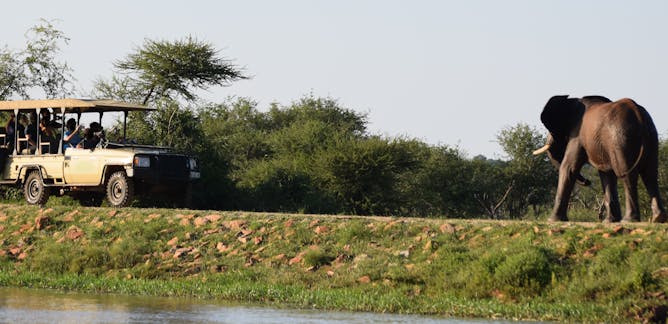
Isabelle Szott, Liverpool John Moores University; Nicola F. Koyama, Liverpool John Moores University
Wildlife tourism is a million dollar industry, but do we know enough about how wildlife feel about tourists in their habitat?
|
|
|
Politics + Society
|
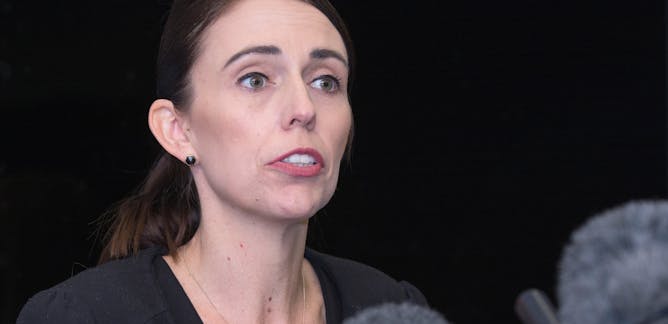
Rick Sarre, University of South Australia
Evidence from Australia shows the Ardern government's moves to eliminate certain firearms from New Zealand will improve community safety.
| |
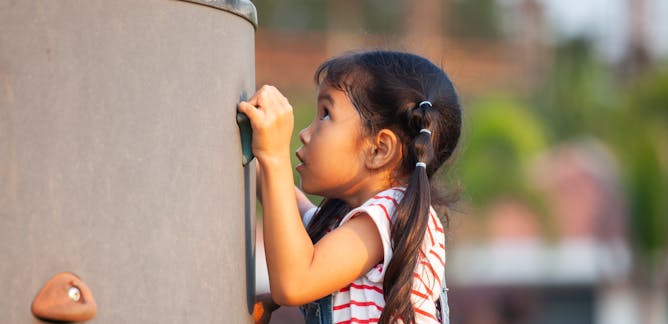
Nicole Racine, University of Calgary; Sheri Madigan, University of Calgary
Paying to get your kids into prestigious universities is an example of a 'bulldozer parenting' trend, which reduces exposure to failure and can lead to mental health difficulties.
|
|
|